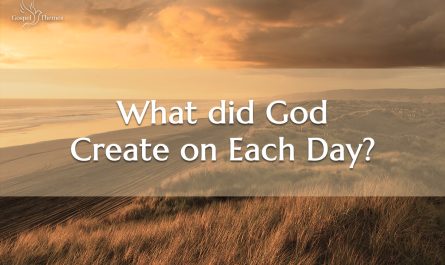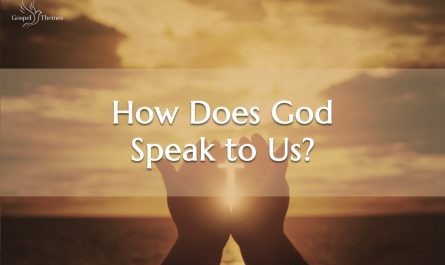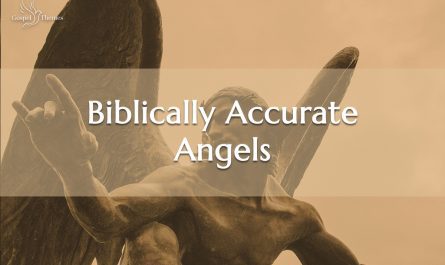Anyone who has delved into religious studies must be familiar with the controversy surrounding the Book of Enoch. The apocalyptic religious text concerns itself with various topics. The catch is that the explanation of these topics clashes with those of other Holy Scriptures. So is it a sin to read the Book of Enoch?
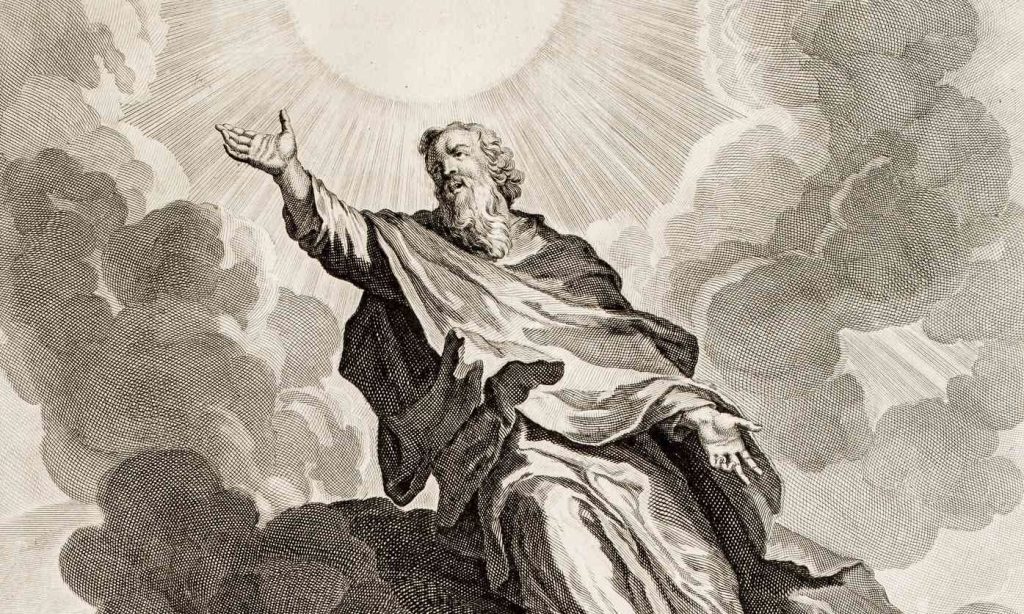
Is It a Sin To Read the Book of Enoch?
Ultimately, reading the Book of Enoch is not a sin stated by the Catholic Church or the Bible. This is due to the widespread belief that it’s an extension of the Biblical Scriptures. It’s regarded by many scholars and critics as an explanation of many Biblical events.
Others, however, argue that it teaches and supports deceptive doctrines. Debates decades-long argue whether to accept the Book of Enoch.
Such disputes have caused the Book of Enoch to be removed from the Bible. Therefore, Catholics don’t read the Book of Enoch unless they personally wish to.
Why was the Book of Enoch removed from the Bible?
As of the 4th century, the Catholic Bible and many others don’t contain the Book of Enoch. This is because the book contradicts many other scriptures and deems them false.
Many events that can be found in the Book of Enoch can also be found in Genesis. Yet, the two descriptions of the same event don’t match. The Book of Enoch describes them in a more gruesome and distasteful manner.
To be precise, scholars have divided Enoch’s texts into three parts; 1 Enoch, 2 Enoch, and 3 Enoch. When talking about the Book of Enoch, it refers to 1 Enoch, although there are three books of Enoch.
Nonetheless, none of the books can be found in Greek or Hebrew Bibles since they’re not deemed inspired by God or canonical.
Why was the book of Enoch rejected by Christians?
A Scripture is considered canonical when the Christian or Jewish community considers it a part of the Bible. And when a text is inspired, it means it was written using God as inspiration, and Christians can use the text for divine inspiration.
But, the Book of Enoch has not been inspired by God; therefore, it’s not included in the Bible. Although there are instances where the book is mentioned in some Bible verses, Christians cannot use this book as a source of divine inspiration.
As of today, the Ethiopian Orthodox Tewahedo Church is the only one that uses a Bible that contains the Book of Enoch.
What does the Catholic Church think of the Book of Enoch?
The Catholic Church doesn’t support the Book of Enoch. Yet, the Church doesn’t forbid Christians to read it. The Church has no opinion on whether is it a sin to read the Book of Enoch.
The Church tolerates people reading the Book of Enoch mainly because the book contains essential and truthful facts that must be considered. As much as the book teaches false doctrines, it explains many concepts like Nephilim. Also, there are mentions of leader angels Uzza, Azza, and Azael, who don’t appear in Biblical verses.
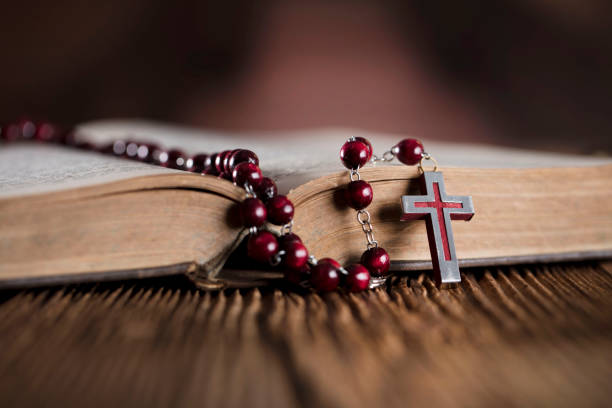
Ambiguous Technicalities About The Book of Enoch
Aside from endorsing false doctrines, many still wonder who actually wrote the books. The authorship, as the title implies, is mainly ascribed to Enoch. But who was Enoch, and why do people believe he isn’t the real author?
Who wrote the Book of Enoch?
Enoch was a man of God, a man who lived in an intimate communion with God. Their relationship was so strong that God spared him from death.
Although there’s little to no mention of Enoch in the Bible, Enoch’s name appears in the Book of Genesis. This book says that Enoch walked with God for 300 years, and after his long life of devotion and faith in God, he was directed to Heaven. He and Elijah are the only people who have been pulled up to Heaven alive.
Genesis 5:24: ’’Enoch walked faithfully with God; then he was no more because God took him away.’’
Also, Enoch is Noah’s great-grandfather and the seventh from Adam. Knowing this, timelines of when the book is estimated to have been written, along with the content of the book, many questions arise about whether Enoch really wrote the book.
Did Enoch write the Book of Enoch?
The first issue is that because Enoch lived before the historical flood, Noah would have needed to bring a copy of the book with him when he built the Ark in order to preserve it.
There is no biblical evidence for this or proof that the book was written at this particular time. Furthermore, no scriptural evidence corroborates the claim that Noah saved this book from the deluge.
What is the original language the Book of Enoch was written in?
The second thing that caused confusion about who wrote the book was the language. The Ethiopic Jews claim that the original language of the book of Enoch is Ge’ez, while others say it was either Aramaic or Hebrew.
The Bible talks about how before the Tower of Babel, the world spoke one language. God divided the people by making them speak different languages after the Tower of Babel when people from around the earth came together to build a tower that would reach the heavens.
However, the events described in the Book of Enoch are all events that took place before the building of the Tower.
It is thought that Ge’ez is a South Semitic language. The dating ranges indicate that the oldest possible date of the language is the 4th century BC. It is just too late for this to be the book of Enoch’s original tongue.
If Enoch had written in Ge’ez, Aramaic, or Hebrew instead, then it would have indicated that Ge’ez, Aramaic, or Hebrew was the original language of the entire world and that everyone spoke it.
However, older than Hebrew and Aramaic are languages like Sanskrit and Tamil. The question of which language is older, Ge’ez or Sanskrit, is up for discussion.
Did one person write the Book of Enoch?
The writing style isn’t consistent throughout. If one person had authored all three books, such a thing wouldn’t have been a problem.
When was the Book of Enoch written?
1 Enoch is made up of five writings. Those writings are:
- The Book of the Watchers
- The Book of Parables of Enoch
- The Book of Luminaries/ The Astronomical Book
- The Book of Dreams
- The Epistle of Enoch
The earlier sections of the book, in particular the Book of the Watchers, are dated to between 300 BC and 200 BC. the latter half of the first century BC. Enoch lived well over 2000 years before these dates, which poses some serious issues with the assertion that he penned the book.
Therefore, many believers believe the author of the Book of Enoch to be unknown. Instead, it is believed to be a work of different authors over a hundred years.
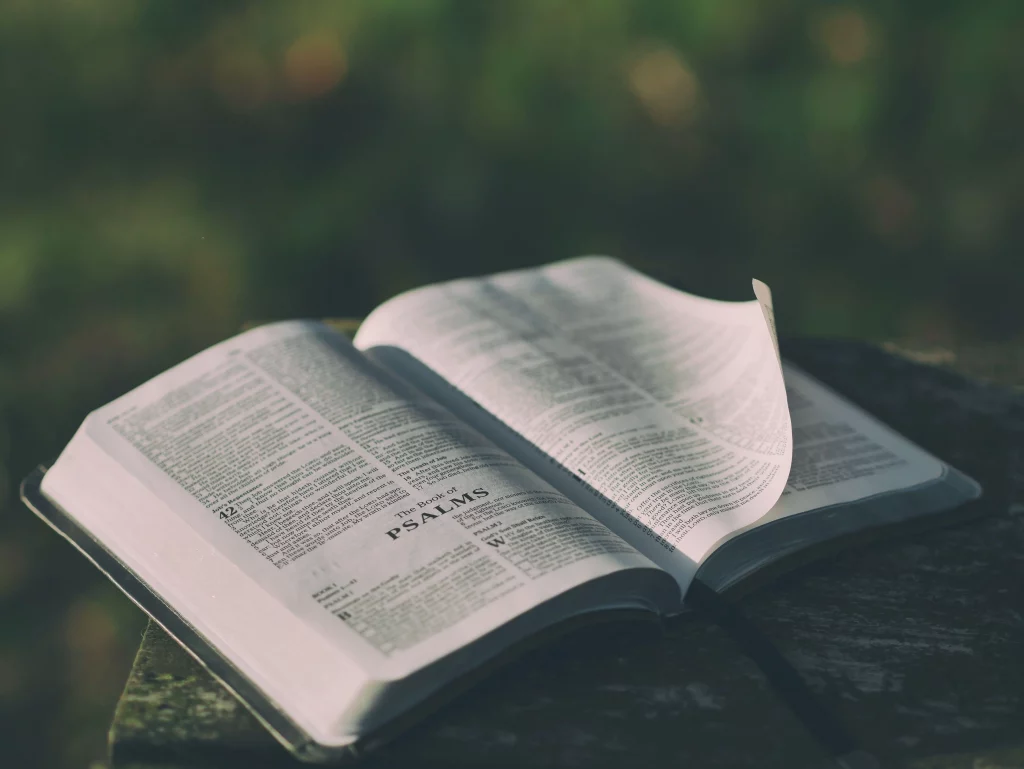
Biblical Verses About Enoch and The Book of Enoch
There are no mentions of the Book of Enoch itself in the Bible. There are no mentions of Enoch writing the book, or any book for that matter, at all. Also, there are no quotes found in the Bible taken from the Book of Enoch, as the Book of Enoch is not inspired by God.
Yet, the Bible regularly mentions Enoch as a person and describes his close relationship with the Lord. Enoch is directly mentioned in the following Bible verses:
- Hebrews 11:1-40
- Jude 1:14-16
- Genesis 4:17
- Genesis 5:18-24
- 1 Thessalonians 4:16-17
- John 8:51
- John 11:26
- Luke 3:37
How the Book of Enoch Contradicts the Bible
Filled with hallucinatory visions of Heaven and Hell, angels and devils, the Book of Enoch introduced concepts such as fallen angels and the appearance of a Messiah. Other important concepts are Resurrection, a Final Judgment, and the Heavenly Kingdom on Earth, but the most important one is the false doctrine about how God kicked Adam and Eve out of the Garden of Eden.
In the Book of Enoch, it is described that a demon called Gadreel deceived Eve into taking a bite from the apple, the forbidden fruit.
Moreover, it’s interspersed with quasi-scientific digressions on calendrical systems, geography, cosmology, astronomy, and meteorology. It holds descriptions of numerous events found both in the Book of Enoch and Genesis, yet they don’t match.
The following notions are what anti-Enoch supporters use to argue that the Book teaches false doctrines.
The Book of Jude vs. The Book of Enoch
Have a look at the two excerpts from the two books:
The Book of Jude (1:14-15) says:
And Enoch also, the seventh from Adam, prophesied of these, saying, Behold, the Lord cometh with ten thousands of his saints, 15 To execute judgment upon all and to convince all that are ungodly among them of all their ungodly deeds which they have ungodly committed, and of all their hard speeches which ungodly sinners have spoken against him.
On the other hand, the Book of Enoch (1:9) says:
And behold! He cometh with ten thousands of His holy ones to execute judgment upon all, And to destroy all the ungodly: And to convict all flesh of all the works of their ungodliness which they have ungodly committed, and of all the hard things which ungodly sinners have spoken against Him.
The Bible’s message is that sinners will recognize their sin and realize it because the Lord has come to reveal it to them. The Lord has come to punish those sinners, according to the message in the book of Enoch.
Who is responsible for all evil and sin?
Look at the following verse:
“Wherefore, as by one man sin entered into the world, and death by sin; and so death passed upon all men, for that all have sinned.”
This verse is Romans 5:12, which is found in the Bible. What you should gather from this verse is that the Bible teaches that one man is responsible for all the evil and sin in the world. This man is supposed to be Adam.
In the Book of Enoch (10:12), Azazel is held accountable rather than Adam and is given the blame. According to Enoch, Azazel is the one who has been accused of the crime. He is one of the fallen angels, leaders who are left out of the Bible.
“All the earth has been corrupted by the effects of the teaching of Azazyel. To him, therefore, ascribe the whole crime.”
Who tempted Eve?
Genesis 3:1 states the following: Now the serpent was more subtle than any beast of the field which the LORD God had made. And he said unto the woman, Yea, hath God said, Ye shall not eat of every tree of the garden?
As it’s widely known, it was a serpent, a snake that led Eve astray and made her bite into the forbidden apple. It’s believed that the snake was Satan himself or a demon sent by him.
Enoch 19:1, however, says that it was an angel named Gadreel that made Eve bite the forbidden fruit.
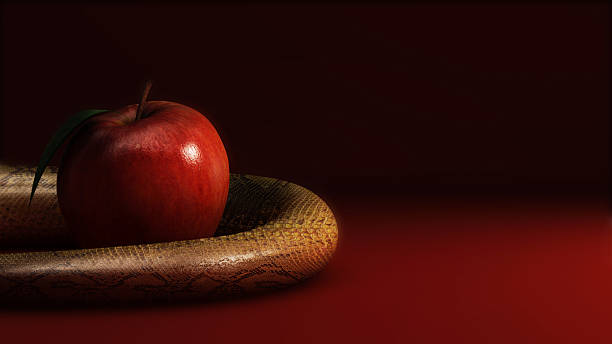
When did the angels fall?
According to the Bible, Satan fell before he tempted Eve to bite the forbidden fruit (Genesis 3:1-14). In the Book of Enoch, at the time of Eve, the angels haven’t yet fallen.
The Book of Enoch says that the angels fell once they saw an earthly woman (Eve) bite the apple. This is found in the Bible as well. However, it’s in Genesis 6.
There are many more contradictions, such as the height of the giants, what happened to the women that birthed the giants, who built the Ark, and other contradictions between both books. But it’s not a sin to read the Book of Enoch for your personal preference. If you are a true believer, you won’t believe in anything the book claims to be true.
Frequently Asked Questions
Why is 1 Enoch deemed unreliable?
1 Enoch is considered unreliable since it contradicts information found in canonical texts. However, it’s considered to provide an extensive explanation of concepts found in the Old Testament.
Is The Book of Enoch a Holy Scripture?
Holy Scriptures, or just Scriptures, are canonical texts found in the Old and New Testaments. Since the Book of Enoch isn’t in the Greek or Hebrew Bible, it’s not considered to be a Holy Scripture by Catholics or Orthodox Christians.
Conclusion
Ultimately, is it a sin to read the Book of Enoch? The Book of Enoch holds much importance, therefore the Chuch remains neutral if Christians want to read it. It allows room for Christians to critically approach religious concepts and explore them. Also, Enoch’s texts introduced key Christian concepts.

 by
by 